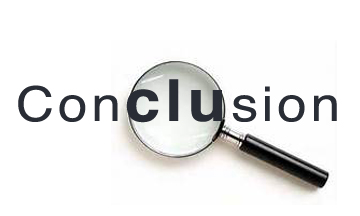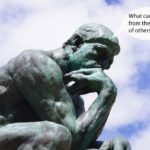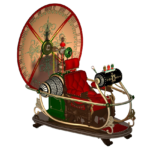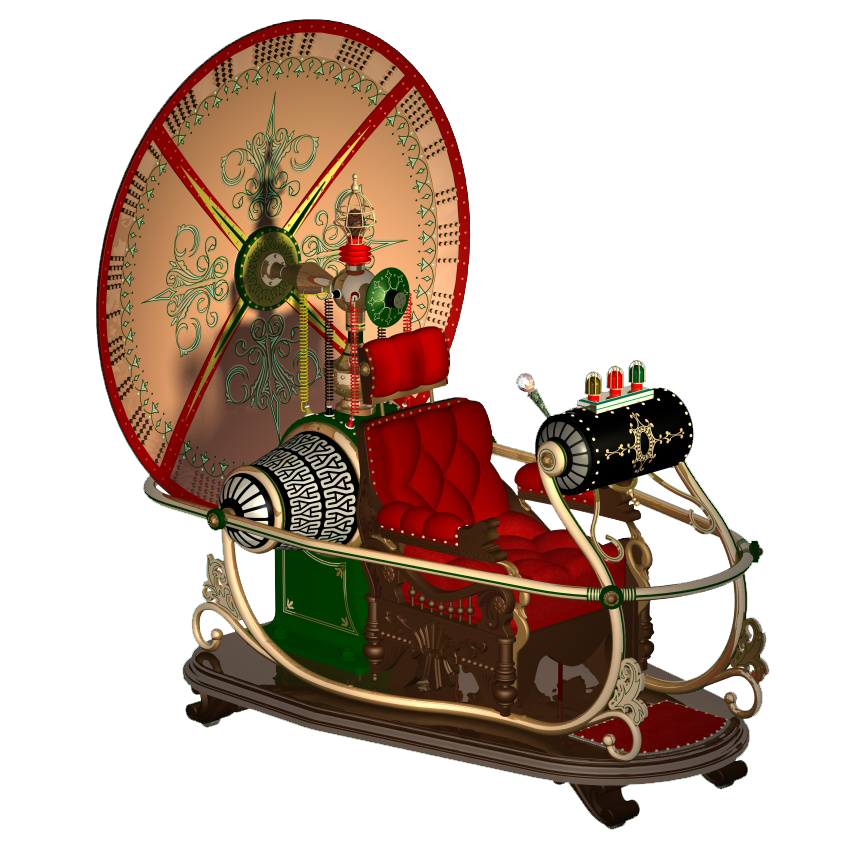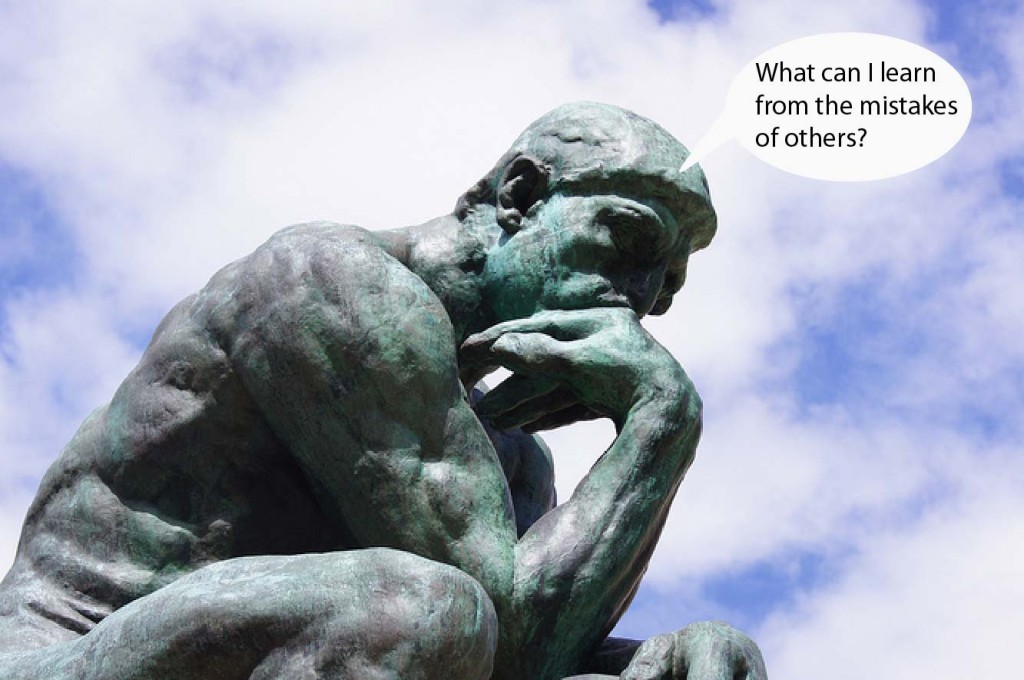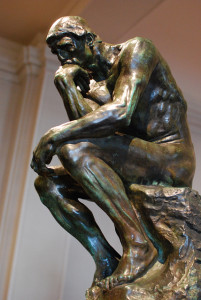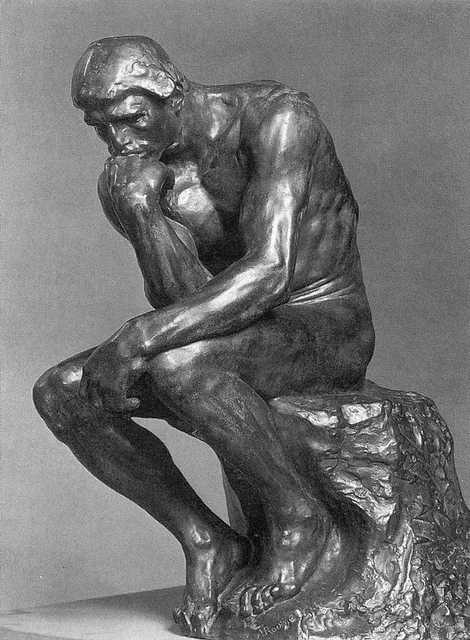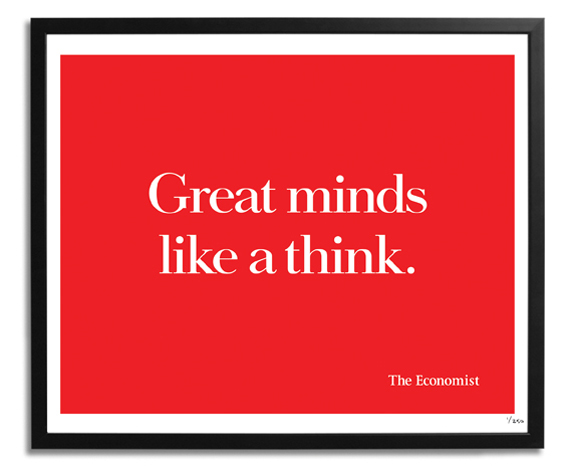“We are sitting under the tree of our thinking minds, wondering why we’re not getting any sunshine!”
—Ram Dass, American Spiritual Leader
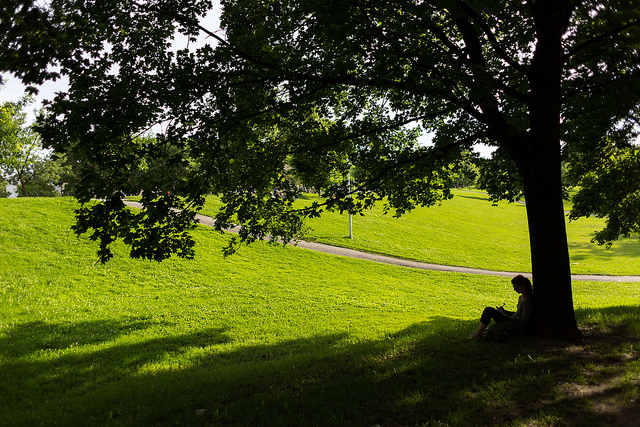
Image from Flickr by Kat Northern Lights Man
On a hot, sunny day we all enjoy being in the shade, perhaps with a frosty beverage. It’s cooler, and just more comfortable.
Our own thinking often plays the role of a shade tree in that we are literally blocking out new, more creative or innovative input, which might enlighten us.
If, for some reason, you feel stalled, stuck or plateaued in your growth and development, take a hard look at how often and how much you are sitting under your limited thinking canopy.
EXERCISE:
How can you let in more bright ideas and alternative perspectives by welcoming the light of other people’s input, personally or professionally?

